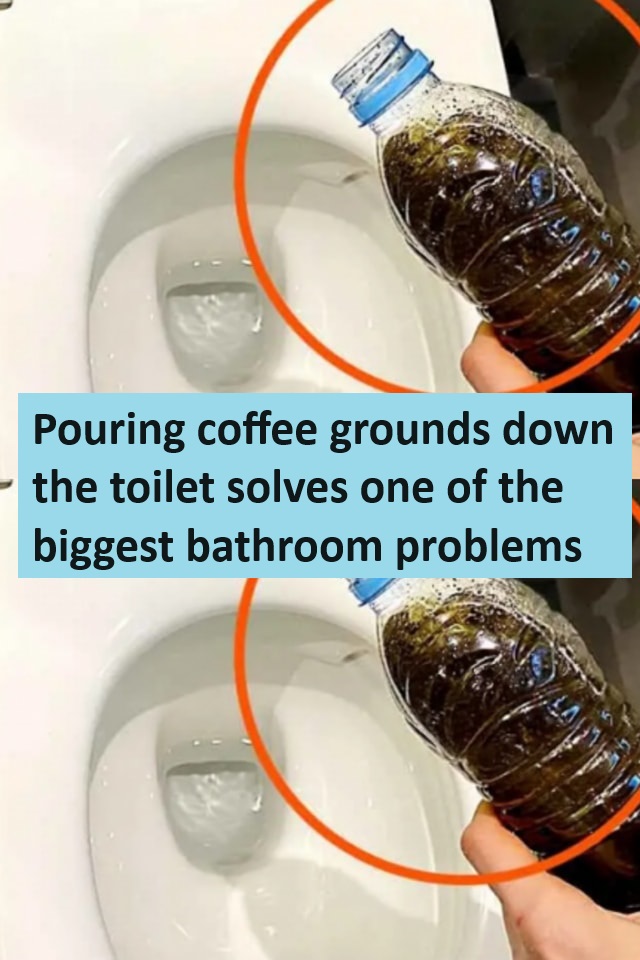Limestone soil plants love pomace. Its pH value is close to 6.2. “If you add too much, it acidifies the soil,” explains Christophe Savigny, artisan roaster.
Coffee grounds for the garden – source: spm
Are coffee grounds good for compost: True
Putting the pomace on the pile is the job of Jean-Marc Parra, gardener at Ah! The Flavor Farm.
Purists will also use eco-friendly brown paper filters.
Coffee grounds make your hands soft – source: spm
Coffee grounds make your hands softer: True
This natural peeling, thanks to its small granules, allows a gentle abrasion of the skin to remove encrusted traces (dirt, green leaves…). If you make your own soaps, consider adding several tablespoons to the oil and soda mixture.
The pomace prevents the soil from freezing: False
It is a widespread belief. Fermentation is not enough to warm the soil. But good news Christophe Savigny tells us: “The coffee beans are surrounded by a parchment: the parchment, a type of vegetable placenta, which, if left around the bean during roasting, would give the coffee a sour taste” and almost inedible. The parchment is then blown away with us by a hot air stream system. We will pick you up in a separate room. Our friends find that these shoals, which spread like a carpet on the ground, provide a very effective mulch, both in maintaining the moisture of the soil and in preventing frost.”
Moral: To mulch against the cold, it’s much better to use this bag than coffee grounds.
All coffee grounds are the same: False
If “the best coffee is always the one that is freshly ground and prepared immediately” (Christophe is clear about this), because “we cannot stop its decay, not even in capsules”, then the best pomace is undoubtedly the one A coffee is made of high quality without additives such as: B. Foaming agent. Ideally organic for purists.
The question of price and recovery times also comes into play: “Do the math, 35 cents (at least) for 5 grams of coffee pods.” That will cost you at least 70 euros per kilo of coffee! As for the task of opening the capsules with a cutter to extract the soil, isn’t it easier to resort to the good old machines or paper filters if you want to recycle this valuable by-product in the garden?
ADVERTISEMENT
